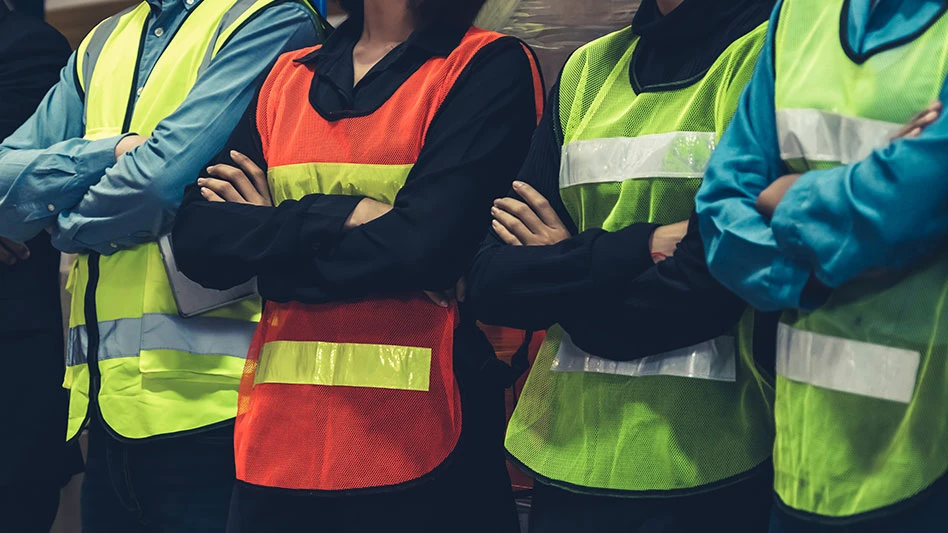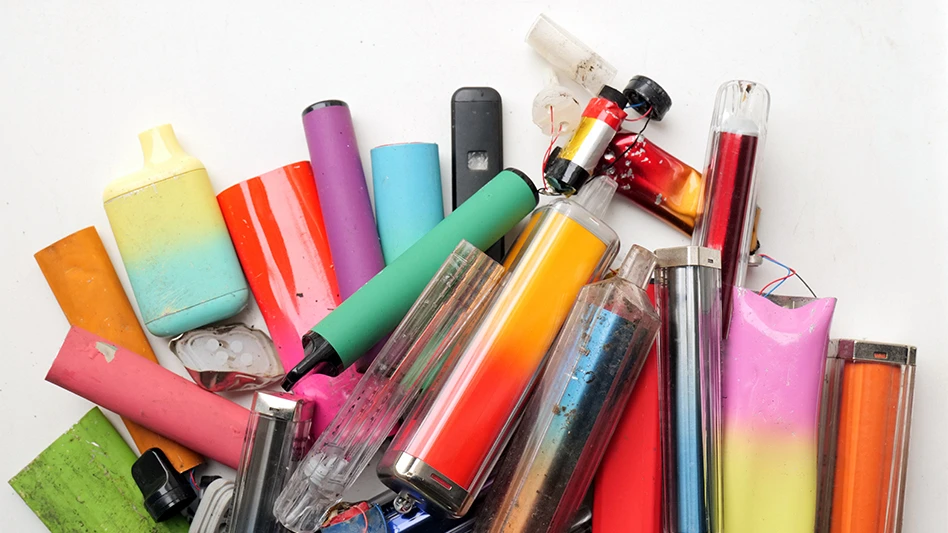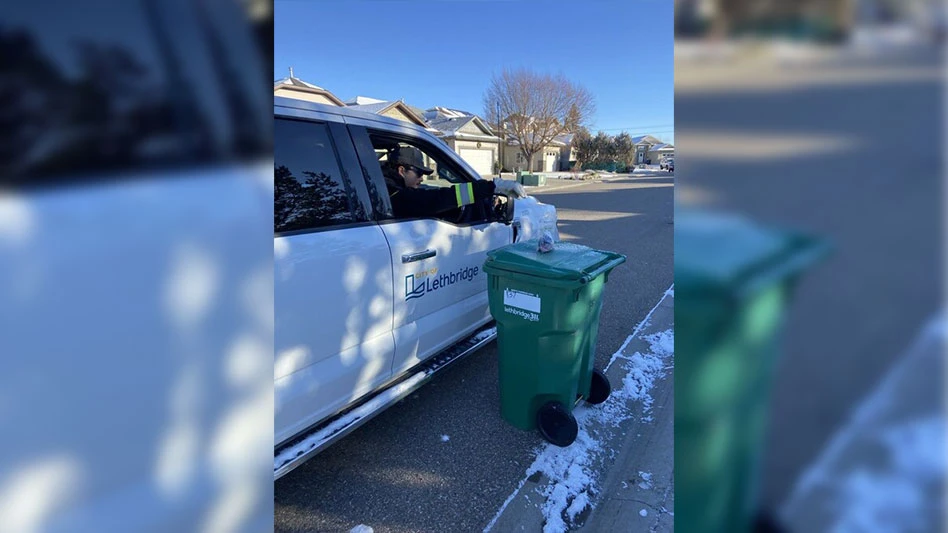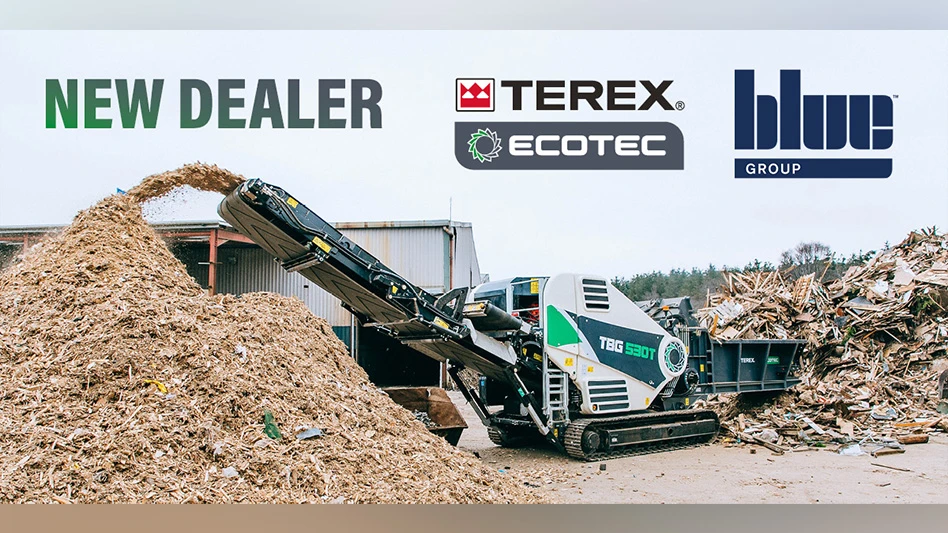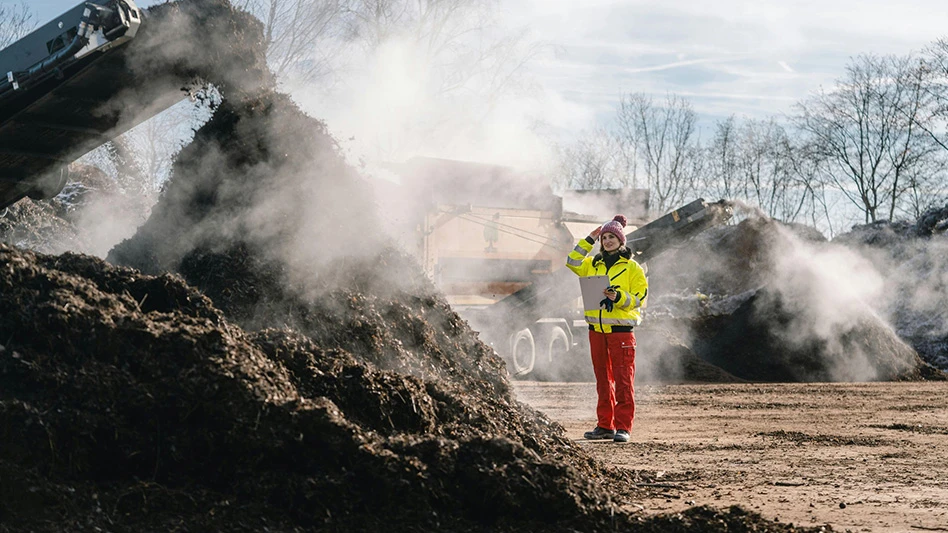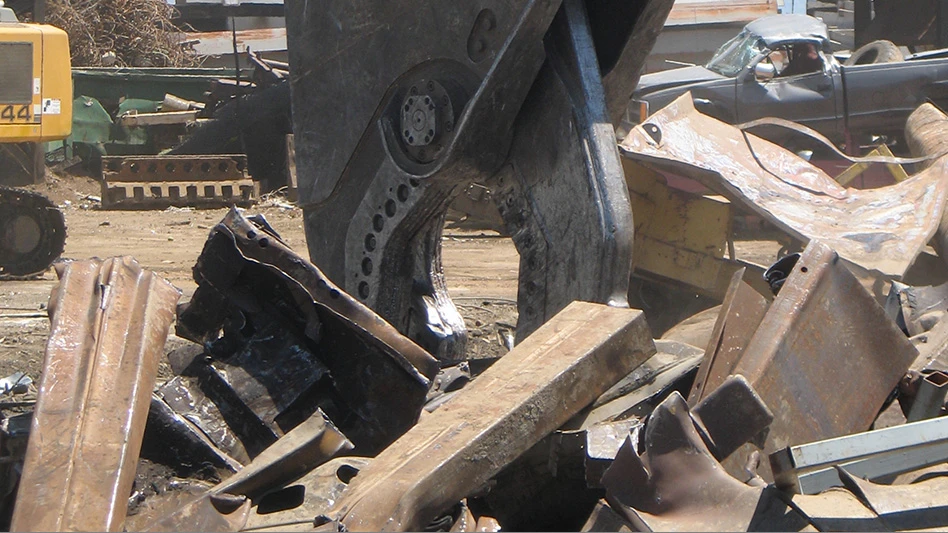
© doortje69 - istockphoto.com
In late November, China released its “National Hazardous Waste List (2021 Edition),” which the Brussels-based Bureau of International Recycling (BIR) says will be implemented in 2021.
The list includes 467 types of hazardous waste, while the total number of exempted hazardous wastes is 32, BIR notes in a news release about China’s new list. BIR says the following materials are exempted in the nonferrous metals recycling category:
- Recycling aluminum industry, waste code 321-026-48 -- This includes aluminum ash and slag generated on the surface of remelting, refining, alloying and casting of aluminum scrap and aluminum ingots during the process of recycling aluminum and aluminum materials as well as the salt slag and secondary aluminum ash produced in the process of recycling aluminum.
- Recycling aluminum industry, waste code 321-034-48 -- This includes dust collected in the process of recycling aluminum, aluminum smelting and regeneration process flue gas (including recycling aluminum smelting flue gas, aluminum melt purification, impurity removal, alloying and casting flue gas) to process the dust collected by the dust collection or removal device.
- Recycling copper industry, waste code 321-027-48 -- This includes dust collection and removal devices in the copper regeneration process and wastewater treatment sludge produced by wet dust removal.
- Recycling zinc industry, waste code 321-028-48 -- This includes dust collected by the dust collection and removal device in the zinc regeneration process and wastewater treatment sludge produced by wet dust removal.
- Recycling lead industry, waste code 321-029-48 -- This includes dust collected by the dust collection and removal device in the lead regeneration process and wastewater treatment sludge produced by wet dust removal.
BIR says this list grants exemptions for aluminum ash and secondary aluminum ash in the recycling process. According to this list, these are not to be managed as hazardous waste, and businesses do not need to apply for a hazardous waste business license. However, BIR adds, these items still fall under hazardous waste management for their transportation.
Latest from Recycling Today
- Phoenix Technologies closes Ohio rPET facility
- EPA selects 2 governments in Pennsylvania to receive recycling, waste grants
- NWRA Florida Chapter announces 2025 Legislative Champion Awards
- Goldman Sachs Research: Copper prices to decline in 2026
- Tomra opens London RVM showroom
- Ball Corp. makes European investment
- Harbor Logistics adds business development executive
- Emerald Packaging replaces more than 1M pounds of virgin plastic
